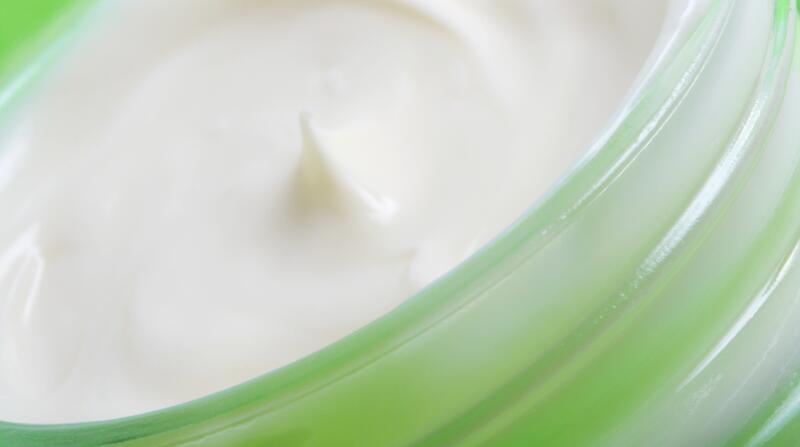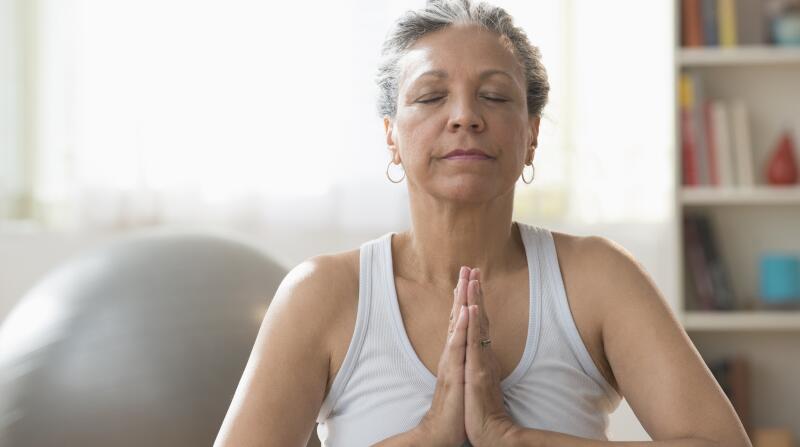PHYSICIAN VOICES
4 At-Home Pain Relief Tips for Psoriasis Flare-Ups
-
 There are steps you can take at home to minimize your psoriasis flaresPsoriasis not only takes a toll on your physical health, but these painful, itchy, hugely visible plaques on your skin can affect your mental health, too. While finding the right prescription treatment plan with your doctor is especially important, there are also things you can do on your own at home to minimize the symptoms of your psoriasis flare-ups. Here are four tips to reduce your psoriasis pain at home.
There are steps you can take at home to minimize your psoriasis flaresPsoriasis not only takes a toll on your physical health, but these painful, itchy, hugely visible plaques on your skin can affect your mental health, too. While finding the right prescription treatment plan with your doctor is especially important, there are also things you can do on your own at home to minimize the symptoms of your psoriasis flare-ups. Here are four tips to reduce your psoriasis pain at home. -
 1. Look for over-the-counter remediesIf you’re looking for pain relief or itch relief, stopping by your grocery store’s pharmacy aisle is not a bad idea. Over-the-counter pain relievers like acetaminophen, ibuprofen, or naproxen can help alleviate the pain associated with moderate to severe psoriasis — especially if you’re someone who is also dealing with psoriatic arthritis pain. Anti-itch topical creams can help keep you from scratching, preventing any exacerbation of existing plaques.
1. Look for over-the-counter remediesIf you’re looking for pain relief or itch relief, stopping by your grocery store’s pharmacy aisle is not a bad idea. Over-the-counter pain relievers like acetaminophen, ibuprofen, or naproxen can help alleviate the pain associated with moderate to severe psoriasis — especially if you’re someone who is also dealing with psoriatic arthritis pain. Anti-itch topical creams can help keep you from scratching, preventing any exacerbation of existing plaques. -
-
 2. Moisturize to protect your skinMoisturizers help keep the skin from drying out and cracking, and can also reduce itching. I recommend buying unscented creams and lotions, because the chemicals in scented moisturizers tend to aggravate the skin. More greasy topicals like petroleum jelly are also great for hydrating the skin. It’s also important to remember that while sunlight can be helpful in reducing your psoriatic plaques, sunburn can make them much worse. Make sure to wear sunscreen with at least 30 SPF if you plan on being in the sun for a while.
2. Moisturize to protect your skinMoisturizers help keep the skin from drying out and cracking, and can also reduce itching. I recommend buying unscented creams and lotions, because the chemicals in scented moisturizers tend to aggravate the skin. More greasy topicals like petroleum jelly are also great for hydrating the skin. It’s also important to remember that while sunlight can be helpful in reducing your psoriatic plaques, sunburn can make them much worse. Make sure to wear sunscreen with at least 30 SPF if you plan on being in the sun for a while. -
 3. Find ways to relieve your stressStress and psoriasis seem to go hand-in-hand. Patients often report that their psoriasis flares up when they’re under a lot of stress. On the other hand, because psoriasis is such a visible, stigmatizing condition, it can cause emotional stress. Practicing stress relieving tactics like meditation and yoga can be extremely beneficial. If taking a walk outside or working in the garden is relaxing for you, do it. Seeking counseling or joining an in-person or virtual support group is also helpful for many patients.
3. Find ways to relieve your stressStress and psoriasis seem to go hand-in-hand. Patients often report that their psoriasis flares up when they’re under a lot of stress. On the other hand, because psoriasis is such a visible, stigmatizing condition, it can cause emotional stress. Practicing stress relieving tactics like meditation and yoga can be extremely beneficial. If taking a walk outside or working in the garden is relaxing for you, do it. Seeking counseling or joining an in-person or virtual support group is also helpful for many patients. -
 4. Hit the gymNot only can exercise be stress relieving, but maintaining a moderate weight can be beneficial in a number of ways. It can help you reduce the risk of cardiovascular disease, hypertension and other conditions. In addition, maintaining a moderate weight can make your psoriasis medications such as biologic agents work better. Most importantly, make sure you are regularly checking in with your doctor, and that you are monitoring not only your psoriasis, but other health conditions as well.
4. Hit the gymNot only can exercise be stress relieving, but maintaining a moderate weight can be beneficial in a number of ways. It can help you reduce the risk of cardiovascular disease, hypertension and other conditions. In addition, maintaining a moderate weight can make your psoriasis medications such as biologic agents work better. Most importantly, make sure you are regularly checking in with your doctor, and that you are monitoring not only your psoriasis, but other health conditions as well.
Your Opinion Matters!
In order to improve our content, we want to hear from you. Please take this short anonymous survey to let us know how we’re doing.
Take the survey!
4 At-Home Pain Relief Tips for Psoriasis Flare-Ups















